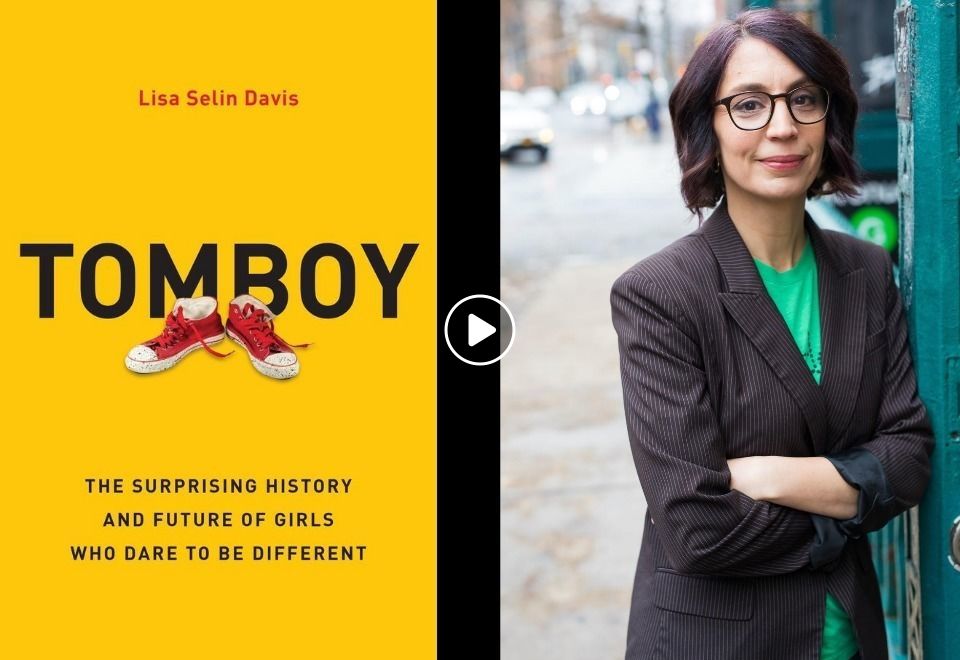
Waiting on a bus? That's the perfect time to just sit and disengage for a bit. Sometimes we can refer to this as “spacing out” or “daydreaming.” In the definition I eventually went with, doing nothing is actually doing nothing, so not browsing Facebook or watching a series but rather sitting on the couch or in a cafe and looking out of the window or watching people go by. In fact, while doing research, I was struggling to find anything about “doing nothing.” Instead, I had to look at words such as “boredom,” “laziness” or “idleness.” It turned out to be harder than expected.

Olga Mecking: My goal was to try to understand what doing nothing was and how it differed from work. This interview has been condensed and lightly edited for clarity.ĬNN: You write that doing niks, or nothing, doesn’t mean working, performing emotional labor or meditating. One upside: It’s the cheapest wellness trend imaginable.ĬNN asked Mecking to share the secrets of niksen with us. For it turns out that doing nothing is one of the hardest things.

Her book, “Niksen: Embracing the Dutch Art of Doing Nothing,” explores where the concept comes from, why it’s medically and psychologically important, and how to actually master this art. It turns out that the Dutch, a famously contented people, have a word for this experience: niksen, loosely translated to “doing nothing.” When writer Olga Mecking, a Polish woman living in the Netherlands, discovered this concept, she found herself intrigued and determined to master the art herself. A few of us experienced the joys of doing nothing. Some of us realized that what had once seemed inconceivable - white space on the calendar - was now necessary for a sense of calm. The chance to slow down and experience a smaller, sparer life was for some a welcome reprieve from the overscheduled, harried and often overwhelmed version of the Before Times.

Among the many tragedies Covid-19 has wrought, some people have found unexpected gifts.


 0 kommentar(er)
0 kommentar(er)
